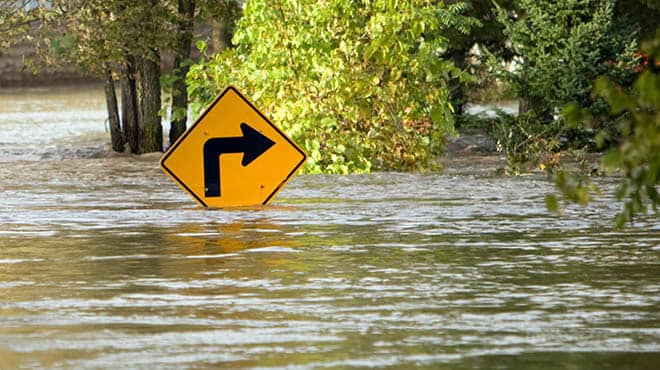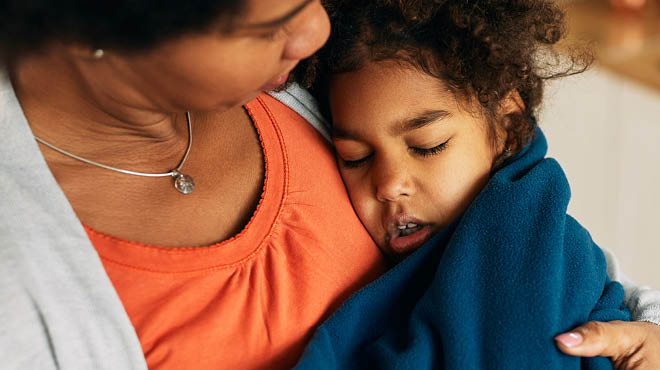Recent Posts
Why childhood vaccinations matter

Protecting your children is one of the most critical responsibilities of parenthood. You protect them with shelter, safety and proper nutrition. But if you've missed their vaccinations, you expose them to potentially dangerous — even deadly — diseases. The most effective way to prevent these diseases is to ensure your child receives the proper vaccination series, typically completed by age 6.
Benefits of vaccinations
Early childhood vaccinations protect children when they're most vulnerable. They protect against 14 different childhood illnesses, many of which can have devastating effects on children. These include HPV, influenza, measles, polio, tetanus and pertussis (whooping cough).
Due to the outstanding success of vaccinations, many people in younger generations haven't seen the terrible consequences of these diseases. Nonetheless, certain illnesses resurface as vaccination rates decrease.
In addition to keeping your kids safe, regular vaccination of healthy children helps protect those children in the community who cannot receive vaccinations because of health problems or allergies. This concept is called herd immunity. However, vaccination rates usually need to be greater than 95% to effectively protect those who cannot be vaccinated. So, don't forgo vaccinations because you assume others will safeguard you.
Here are answers to common questions about vaccinations:
Is there a difference between vaccination and immunization?
Yes. A vaccination uses dead or weakened versions of bacteria or viruses to protect people against diseases and conditions. Immunization is the method by which a person develops immunity to these diseases. This happens via vaccination or from infection with that bacteria or virus.
How do vaccines work?
Vaccinations use a weakened or dead antigen, a small piece of the virus or bacteria that helps the body trigger an immune system response. This allows children to develop natural immunity while facing a significantly decreased risk of harm compared to an actual infection.
Are vaccinations really that important?
Yes, vaccinations are important, especially for young children. According to the Centers for Disease Control and Prevention (CDC), infants receive some passive immunity from their mothers after birth. However, these immunities wear off during the child's first year and are ineffective against diseases like whooping cough.
Without vaccinations, young children's bodies often can't fight diseases. This can lead to severe complications and even death.
Should I space my child's vaccinations out?
No evidence suggests it's more effective for children to receive vaccinations in intervals. Babies can receive multiple vaccinations at once without an issue. Babies are exposed to new antigens every day, and the number of antigens in vaccines is only a fraction of what they're exposed to environmentally.
Children can respond to multiple vaccine exposures at the same time without adverse effects. Studies show that vaccinations given in a group are just as effective as individual shots.
Is there a link between vaccinations and autism?
No. There is no link between vaccinations and autism. The study that initially made this claim has been refuted by the journal in which it was originally published and numerous other peer-reviewed scientific journals.
Are vaccines safe?
Yes. Vaccines undergo thorough testing to ensure they are safe and benefit those receiving them. There are minor risks with vaccines, including fever, skin irritation and soreness. These side effects are much less severe than the illnesses they aid in preventing.
What vaccinations are recommended?
The CDC recommends these vaccinations for children:
- COVID-19
- Diphtheria, tetanus and acellular pertussis
- Haemophilus influenza B
- Hepatitis A
- Hepatitis B
- HPV
- Influenza
- Meningococcal
- Measles, mumps and rubella
- Pneumococcal
- Polio
- Rotavirus
- Varicella (chickenpox)
Many vaccinations can be administered in groups, and catch-up schedules are available. Certain people shouldn't receive vaccines, like those who recently had a blood transfusion; have severe, life-threatening allergic reactions to the vaccine ingredients; or are immunocompromised or have a weakened immune system because of medical conditions or treatments for diseases.
When considering your child's health, make sure you factor in the necessity of proper childhood vaccinations. You protect your child and your community when they are fully vaccinated. Talk with your child's healthcare team if you have questions.
Jessica Sheehy is a physician assistant in Infectious Diseases in Mankato, Minnesota.






